运动机能学理学硕士-运动生理学
Master of Science in Kinesiology - Exercise Physiology

学历文凭
Masters Degree

专业院系
Department of Kinesiology

开学时间

课程时长

课程学费

国际学生入学条件
IDP—雅思考试联合主办方

雅思考试总分
7.0
- 雅思总分:7
- 托福网考总分:92
- 托福笔试总分:580
- 其他语言考试:Minimum Duolingo English Test requirement- 125
CRICOS代码:
申请截止日期: 请与IDP联系 以获取详细信息。
课程简介
Exercise Physiology is the study of the biological responses and adaptations to acute and chronic exercise. Research and graduate training at UW–Madison focuses on elucidating: 1) the physiological, biochemical, and molecular mechanisms underlying these processes; and 2) the influence of exercise on health and disease.<br><br>Dr. Diffee studies the regulation of contraction in skeletal and cardiac muscle and how this regulation is altered by perturbations such as exercise training, injury, or disease. Typical experiments involve measurement of contractile properties single skeletal muscle fibers and single cardiac myocytes and correlation of altered mechanical properties to changes in cell protein composition detected by biochemical and molecular biological techniques. Interaction with faculty and students from other departments (including Nutritional Sciences, Biochemistry, the School of Medicine, and the Institute on Aging) is encouraged by ongoing collaborative research efforts. The research of William Schrage’s laboratory is focused on how blood flow is regulated in muscle and brain circulations.
相关申请
 预科
预科 奖学金
奖学金 实习机会
实习机会 在校学习
在校学习 跨境学习
跨境学习 校园授课-线上开始
校园授课-线上开始 在线/远程学习
在线/远程学习
开学时间&学费
学费信息仅供参考,请与IDP联系以获取详细信息
| 开学时间 | 时长 | 学费 | 地点 |
|---|
学校排名

世界排名43
数据源:
泰晤士高等教育世界大学排名
本校相关课程

Bachelor of Social Work
学历文凭
Bachelor Degree
开学日期
课程费用总额


Bachelor of Arts in Zoology
学历文凭
Bachelor Degree
开学日期
课程费用总额


Bachelor of Science in Theatre and Drama
学历文凭
Bachelor Degree
开学日期
课程费用总额


Bachelor of Arts in Social Welfare
学历文凭
Bachelor Degree
开学日期
课程费用总额

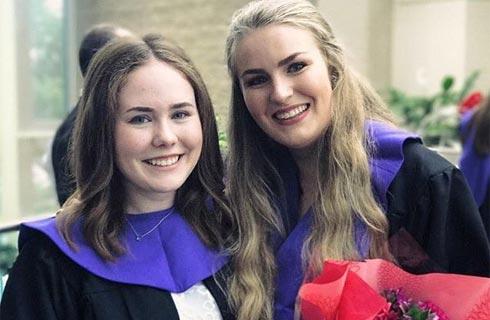
Bachelor of Arts in Scandinavian Studies
学历文凭
Bachelor Degree
开学日期
课程费用总额

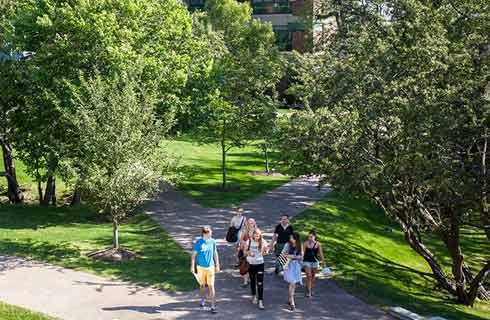
Bachelor of Science in Physics
学历文凭
Bachelor Degree
开学日期
课程费用总额

其他相关课程
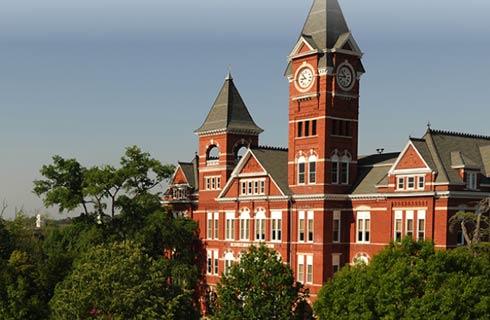
运动机能学博士-工作与健康
 滑铁卢大学
滑铁卢大学学历文凭
Ph.D.
开学日期
课程费用总额

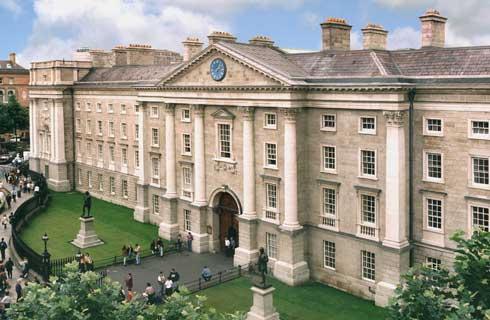
运动与健身领导学士-运动与健康
 卡莫森学院
卡莫森学院学历文凭
Bachelor Degree
开学日期
课程费用总额


运动与健康大专文凭
 卡莫森学院
卡莫森学院学历文凭
Bachelor Degree
开学日期
课程费用总额


运动学理学学士
 布鲁克大学
布鲁克大学学历文凭
Bachelor Degree
开学日期
课程费用总额

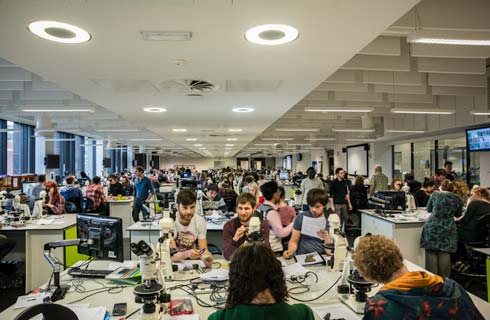
运动与保健证书
 卡莫森学院
卡莫森学院学历文凭
Bachelor Degree
开学日期
课程费用总额


运动机能科学学士学位(荣誉学位)
 麦吉尔大学继续教育学院
麦吉尔大学继续教育学院学历文凭
Bachelor Degree with Honours
开学日期
课程费用总额










 美国
美国
